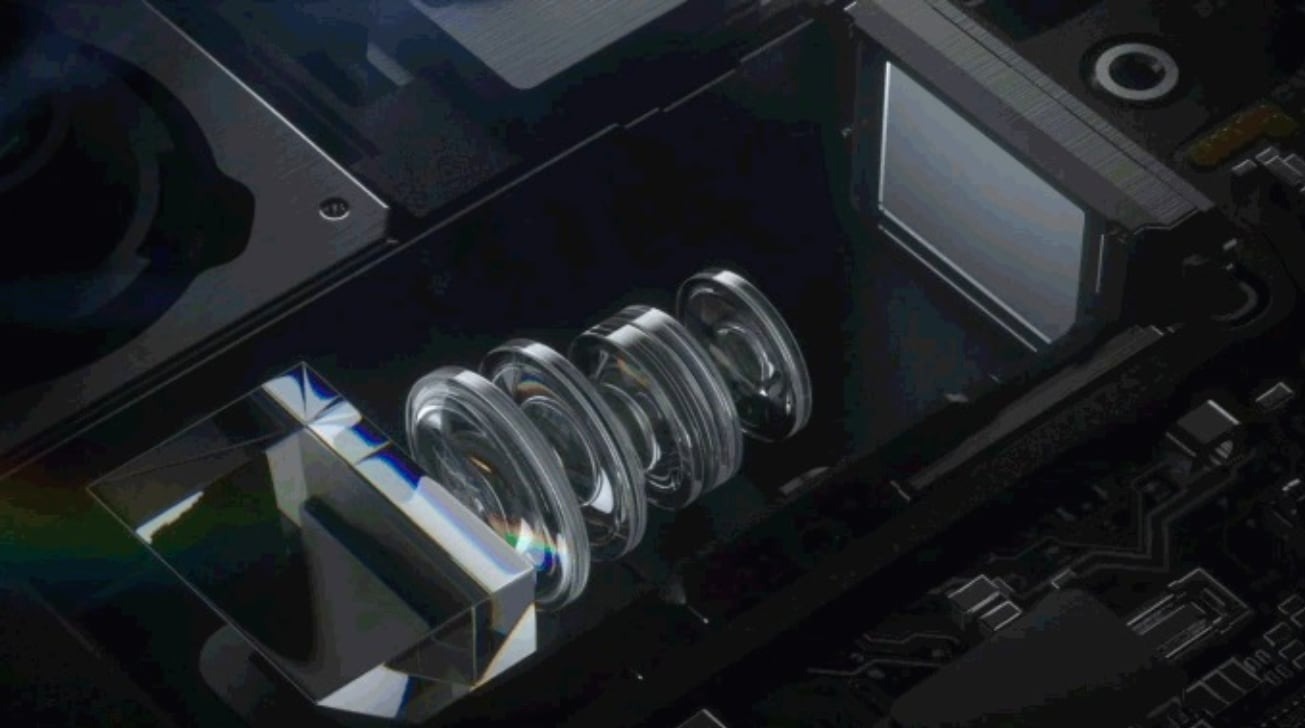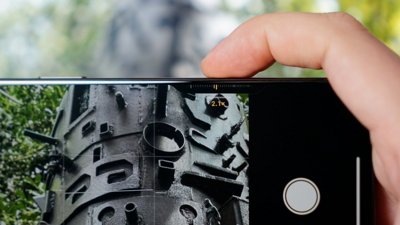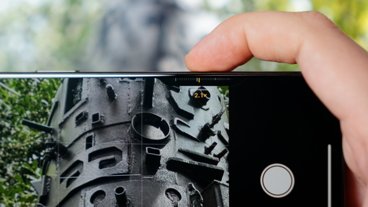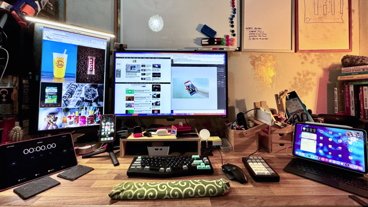Apple's iPhone camera may improve the zoom without needing to increase the size of the camera bump, with the company allegedly looking for suppliers of "folded cameras" for future models.
The size limitations of smartphones make it hard to design camera systems that offer better features while also maintaining a minimal size. For some features, like an enhanced zoom, that requires more space than is currently offered, but that may not be the case in a future iPhone.
Apple is said by sources of ETNews to be wanting to include a triple camera system in future iPhone models, but one that relies on a "folded camera" for at least one of the trio.
Rather than being a straight line of sight between the sensor and the subject through lenses, a folded camera structure relies on a mirror or prism in the middle of the lens collection. This setup reflects the light 90 degrees, effectively working like part of a periscope and changing the sensor's angle of view.
In effect, this can enable a camera to take advantage of the length and width of the iPhone body, rather than fitting everything into the thickness of the body and the camera bump extension. This can allow for an enhanced optical zoom to be created, which requires adjusting the distances between lenses and the sensor to increase magnification and focus on a subject.
The concept has been employed by Samsung in the Galaxy S20 Ultra, as well as Sunny Optical Technology in China. Some think that Apple's existing relationship with Samsung for iPhone components could help the two companies extend their partnership into cameras.
It is thought that Apple may have to look in Samsung's directly anyway due to it having trouble creating a folding camera design that doesn't fall afoul of patent issues. The Israel-based Corephotonics owns many folded camera patents and was acquired by Samsung Electronics in 2019, further making Samsung more attractive for the component.
However, some industry observers suggest that the Samsung companies may not cooperate with Apple to offer folding camera-based features for its smartphones and deny its main rival the same technology access.
The search for a folding camera may also cause issues with Apple's other existing camera module suppliers, including LG Innotek, Sharp, and O-Film.
Apple has been working on periscope-like lens assemblies for a while, and has multiple patents for folded lens systems, though has yet to put any of its patents into practice.
As for when consumers could expect to see an iPhone with a folded camera lens, that could be within the next few years. Analyst Ming-Chi Kuo suggested in July that Apple was talking to Semco and Largan+Alps/Minebea over lens assemblies and mechanisms, with an iPhone bearing the technology potentially hitting the market by 2022.
 Malcolm Owen
Malcolm Owen







-m.jpg)






 Charles Martin
Charles Martin
 Christine McKee
Christine McKee


 Sponsored Content
Sponsored Content

 Amber Neely
Amber Neely









8 Comments
Code name: Nemo.